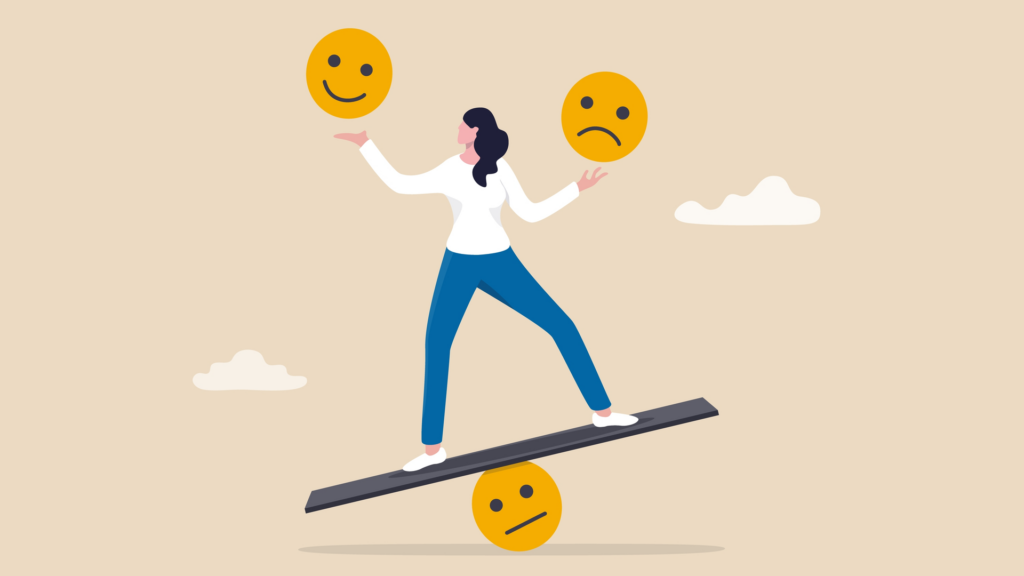Different types of therapy

When you’re thinking about therapy it’s easy to get overwhelmed by all the different types available. Therapy can focus on different things, techniques vary and the theory and professional opinions behind how they work can be different, too. This can start to get really confusing, especially if you’re already stressed or anxious.
Here we’ll explain some of the most common types of therapy and what they mean.
Counselling
When you’re going through difficulties in life, counselling can help. It’s a form of talking therapy that provides support to help you make more sense of your thoughts and feelings. Most counselling sessions take place as part of a planned schedule and are completely confidential.
According to the NHS, counselling can help with issues like:
- A mental health condition like depression, anxiety, or eating disorders
- A physical health condition that is causing upset
- A life event like bereavement, a relationship breakdown or work related stress
- Emotions like anger or low self-esteem
- Other issues, for example sexual identity
Depending on the issue you’re seeking help with, you might discuss things like your relationships, feelings, past events, your behaviours and situations you find difficult. Sessions usually take place over the phone, online, in a group setting or privately in person.
Counselling is available through the NHS, but waiting lists can be long. If you decide to see a private therapist it’s important to ensure they’re qualified and that you can afford their fees.
Cognitive behavioural therapy (CBT)
Cognitive behavioural therapy (CBT) is a type of talking therapy that can help manage a range of mental health problems including anxiety and depression.
This type of therapy focuses on how your thoughts and beliefs can impact your behaviour. The basic theory is that if you interpret something negatively, it’s more likely you’ll experience negative emotions.
CBT breaks down overwhelming problems into smaller parts, to help you deal with them in a more positive way. This approach helps you to stop the cycle of negative thinking. During sessions, you’re likely to work with a therapist on exercises to explore your thoughts and behaviours.
What does CBT treat?
As well as depression and anxiety, CBT can also be used to help people deal with problems like:
- Obsessive compulsive disorder (OCD)
- Bipolar disorder
- Psychosis
- Schizophrenia
- Phobias
- Panic disorder
- Sleep problems
- Post-traumatic-stress-disorder (PTSD)
CBT isn’t used as a cure for physical symptoms, but it can also be very helpful for people struggling to mentally cope with a physical condition.
Guided self help
Guided self help can be used as a treatment for some problems including depression, anxiety, panic attacks, phobias, stress and obsessive compulsive disorder (OCD). This therapy involves using self-help workbooks based on CBT techniques alongside the support of a therapist.
The benefit of guided self help is that it’s designed to help you with techniques and strategies you can continue to use in the long term.
Behavioural activation
Behavioural activation is a type of talking therapy that helps people deal with depression. The technique helps you identify specific, manageable goals you can work towards achieving. The aim is to show that small positive changes in behaviour can make a big difference to your life and your mood.
This therapy can be used as part of a wider treatment to help you if you’re feeling withdrawn from daily activities as a result of low mood. It helps break the vicious cycle of not experiencing the rewarding feeling of achievement.
Eye movement desensitisation and reprocessing (EMDR)
This type of therapy is relatively new and can help with post-traumatic-stress-disorder (PTSD). Those who suffer from PTSD can experience memories, nightmares, intrusive thoughts and flashbacks of past traumatic events.
The process involves briefly focusing on the traumatic event or memory while using rhythmic eye movements. The NHS says EMDR helps the brain reprocess memories of the traumatic event so the negative image, emotions and feelings they cause can have less impact.
You can find more information on the EMDR Association UK website.
Mindfulness-based cognitive therapy (MBCT)
Mindfulness-based cognitive therapy involves a combination of cognitive therapy, meditation and breathing exercises. This helps people pay attention to their thoughts and feelings in a non-judgemental way.
MBCT can be used to help prevent depression relapse and can also help with issues such as:
- Anxiety
- Low mood
- Bipolar disorder
- Depression as a result of a physical condition
- Unhappiness
Studies have shown MBCT can work successfully but the NHS has limited availability depending on location and waiting lists can be a barrier.
What is sound-based therapy?
Sound therapy works by using special frequencies to improve your emotional wellbeing. It can be used to break up anxiety, trauma and difficult memories of past events.
The non-intrusive nature of this therapy and the fact that it can be done anytime and anywhere are just two of the benefits of sound therapy.
Sound has been used as a healing and calming tool for thousands of years to improve wellbeing and aid meditation. The idea of sound therapy was introduced to the UK in 2000 and is now trusted by doctors and medical professionals with fantastic results.
Sound-based therapy can help people suffering with:
- Depression
- Anxiety
- PTSD
- Dementia
- Autism spectrum disorders
- People with learning difficulties
- Behavioural and psychiatric disorders
The therapy can even help people with sleep disorders and various aches and pains. You can learn more about the science behind sound therapy on our blog.
At Ed can Help we’re working to make therapy accessible for everyone. With NHS waiting lists and hefty price tags on talking therapy, it can be difficult to access the support you need.
You can start the journey to a happier, healthier life with our 20 minutes, easy to follow sound therapy sessions. Start your free Ed can Help trial on iOS or Android today.